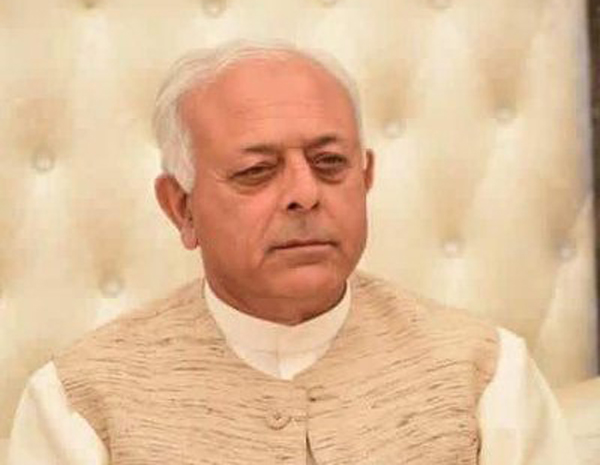مضمون کا ماخذ : میگا سینا پریمیو
Address root cause of conflicts to curb human trafficking: Pakistan
NEW YORK: Pakistan asked the world to curb human trafficking in conflict regions as it is critical to address the root causes of conflicts at the UN. Speaking in the Security Council debate on Trafficking in Persons in Conflict Situations, Pakistan’s Ambassador to UN, Dr Maleeha Lodhi said, “Unless we resolutely put out the fires […]
NEW YORK: Pakistan asked the world to curb human trafficking in conflict regions as it is critical to address the root causes of conflicts at the UN.
Speaking in the Security Council debate on Trafficking in Persons in Conflict Situations, Pakistan’s Ambassador to UN, Dr Maleeha Lodhi said, “Unless we resolutely put out the fires of wars and conflicts that breed and fuel these phenomena, our efforts will at best be spasmodic and insufficient”.
The Pakistani envoy especially called for the protection of women and children, as they were the most vulnerable in conflict situations.
She referred to a finding by the UN Office of Drugs and Crime that women and children accounted for 79% of victims of trafficking.
Ambassador Lodhi also pointed out that the international community was currently witnessing human displacement on a historic and unprecedented scale.
She said that a pervasive sense of despondency and lack of prospects, induced by protracted conflict and insecurity, lies at the core of this phenomenon, which she described as one of the greatest tragedies of our times and a defining challenge of our era.
“Large sections of the respective populations, especially women and children remain particularly vulnerable”, she added.
She said that as the international community seeks to evolve cohesive and coordinated strategies to manage these movements, the interest and well-being of the most vulnerable must remain paramount in our policy responses, Adding that “We must, in particular, ensure that victims of circumstance, in their quest to find safety and protection beyond their borders, do not become fresh prey to trafficking and abuse”, she emphasised.
She reminded the 15-member Council that Pakistan has lived up to this ideal by generously hosting the Afghan brethren for almost four decades.
Addressing the issue of slavery Ambassador Lodhi said this was an abomination, for it perpetuates the domination and degradation of human life.
Modern slavery, she said, unlike its traditional form, does not seek to ‘own’ people, rather, it aims to ‘control’ them by exploiting their lives or the fruits of their labour.
“Sexual slavery in conflict situations, trafficking of women and girls and bonded and forced labour, are all manifestations of this evil”, she said.
Trans-national organised criminal gangs, Ambassador Lodhi said, have become the primary purveyors of perpetuating this human misery for financial gain, and added, “Their growing nexus with terrorists is a cause of global concern, not least because this has a direct bearing on international peace and security”.
Conflict situations, she said, through their confluence of circumstance and opportunity, provide an ideal environment for such unholy alliances.
Dr Maleeha Lodhi called upon the international community to work together to find an end to heinous crimes like the enslavement of women and children, their sexual exploitation and their recruitment in armed conflicts. “These are an outrage not only to all norms of international law but also to humanity itself”, she remarked.
Lodhi told the Security Council that Pakistan has taken a number of legislative and administrative steps to address human trafficking, as a party to the UN Convention against Transnational Organized Crime, and its protocol to prevent, suppress and punish trafficking in persons, especially women and children.












